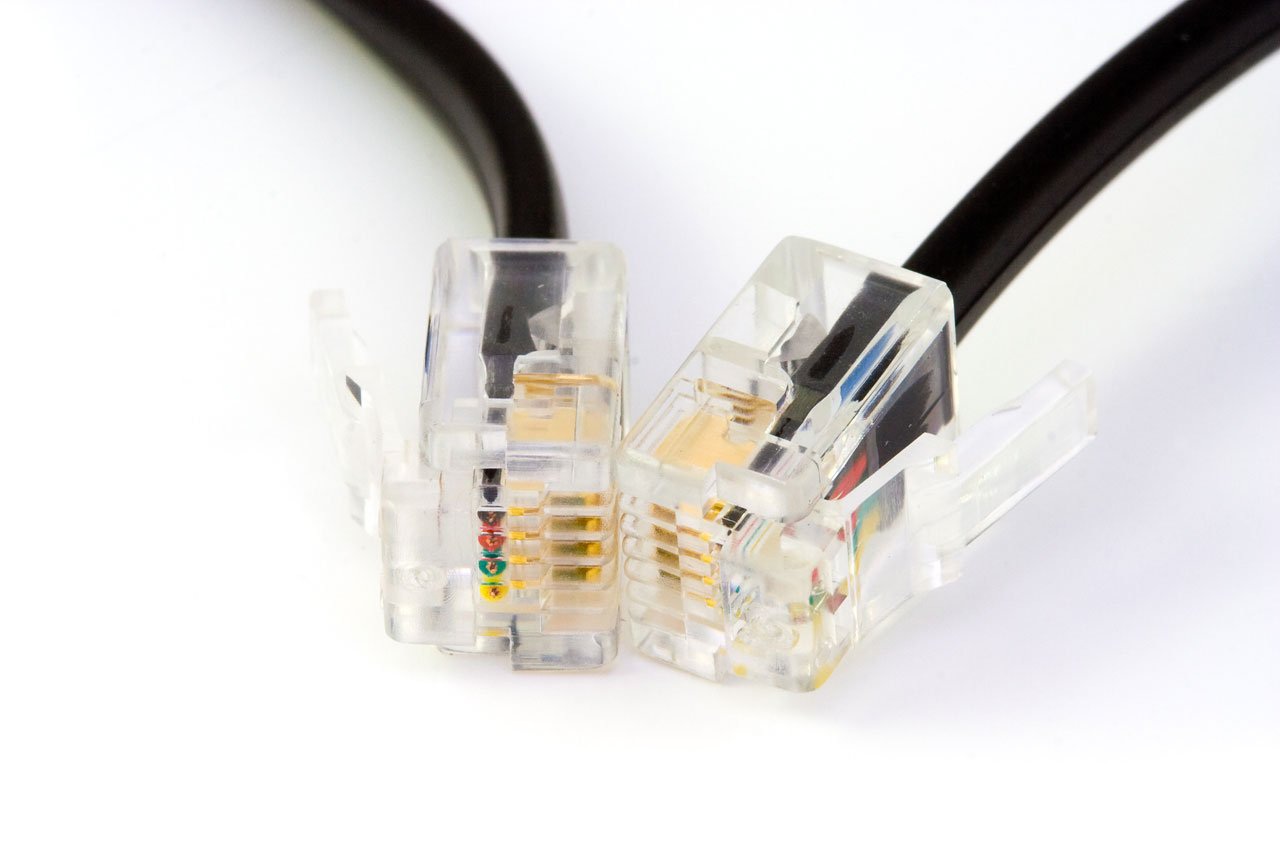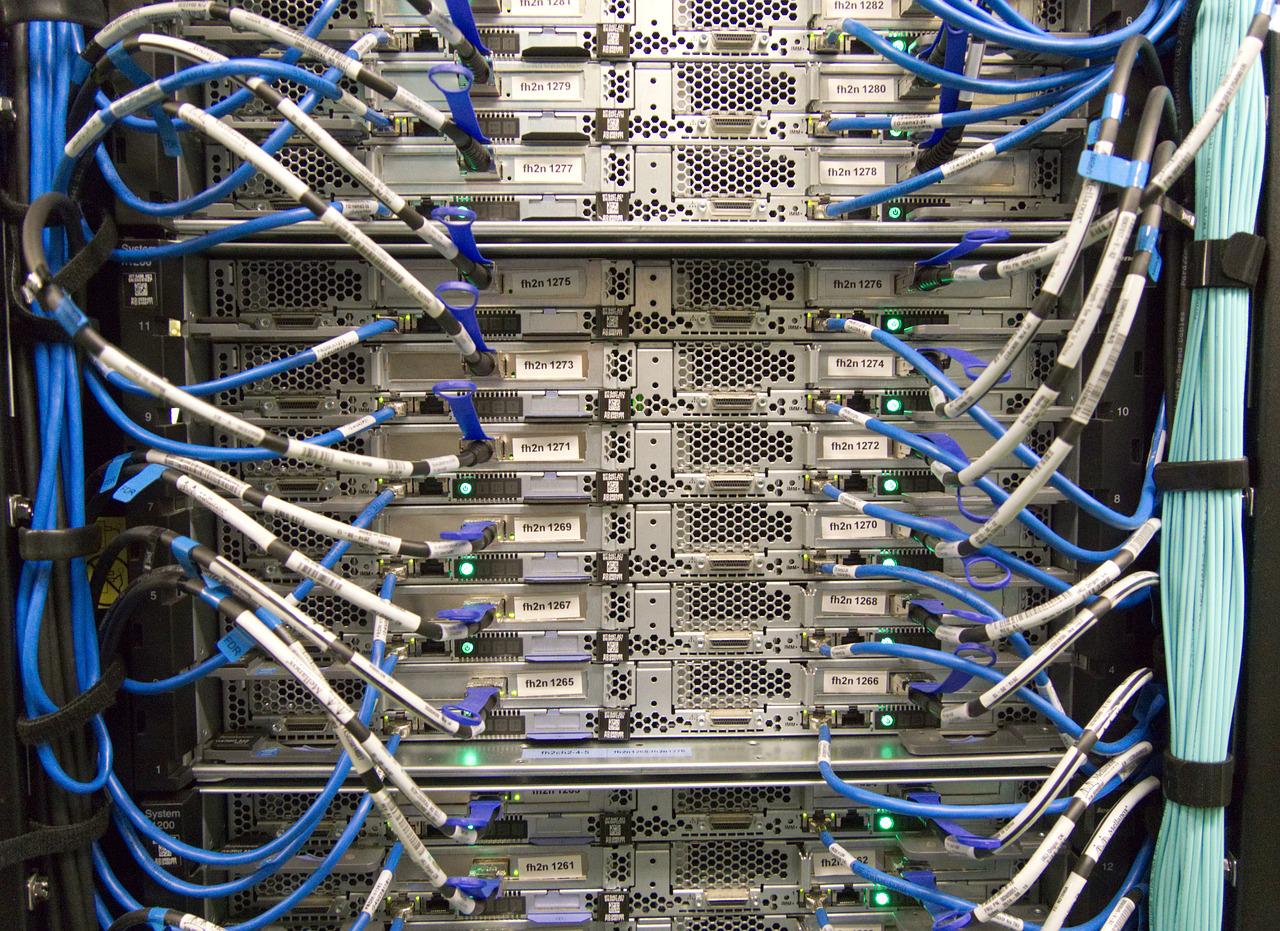Residential proxy vs Datacenter proxy: What's the difference?
Knowing one from the other can make all the difference

We’ll venture to guess that the average internet user does not think much about the type of IP address they are using. Rather, they just want their device, whether it is the latest smartphone or a company laptop, just to connect instantly to the internet without any intervention, and devoid of any thought. Thankfully, for the most part, devices these days can perform exactly to that standard.
That being said, there are times when some thought is required, and the type of connection can certainly matter. In those situations, understanding the type of connection that you are on can make a considerable difference. When it comes down to it, an IP address is simply a string of numbers, with a few periods in place, that identifies the user on the internet. Finding out your own IP address is quite simple, with any number of websites, including Google directly with an entry into the search bar of “What is my IP address” providing this information.
IP addresses often get categorized in different ways. One common way is static versus dynamic addresses, while another way is public versus private addresses.
Protect your online privacy with IPRoyal
Use TECHRADAR10 at checkout and get an extra 10% off IPRoyal's residential proxies. This discount stacks with IPRoyal's existing bulk discounts.
Stepping up the game
When a user just goes online directly using their Internet Service Provider (ISP), they get assigned a dynamic address from the pool of addresses that the provider rotates through. A more savvy user may want a higher level of protection, going online through a Virtual Private Network, and this way their true location and identity gets masked as the IP address they are using leads back to the VPN provider, and not the user directly as they are using a proxy address. Furthermore, the data is encrypted to a high level of security between the VPN provider and the user so that it is highly secure.
No place like home
Also realize that while a VPN has many uses, it is not the only solution to be anonymous while online.
An alternative is a residential proxy, which allows the user to connect to an intermediary proxy server. This then allows the user to remain anonymous while online. However, unlike a VPN, there is no encryption of data traffic, so it can be intercepted. By computing through the alternate IP address, that appears to be from an individual user, any requests appear to be coming from any other individual user. In fact, users also get to choose a local location so they can appear to be within the country, or even within a specific city.
Residential proxies tend to be useful for smaller web scraping activities. They are also useful to access content that is geo-restricted, such as country specific video streams. A major shortcoming is that residential proxies tend to be more costly as each provided IP address appears to come from an individual residence through an ISP, but this is also what makes it more trustworthy.
Sign up to the TechRadar Pro newsletter to get all the top news, opinion, features and guidance your business needs to succeed!

Economies of scale
The opposite of a residential proxy is the datacenter proxy. Unlike each IP address going back to a residential address as in the residential proxy which works through the residential ISP network, rather in the datacenter proxy the IP address appears to originate from a datacenter. Therefore, it does not appear as an individual user, but often has faster throughput speeds as it goes through the datacenter’s enterprise internet connection.
Having all the IP addresses in a single location, namely the data center, also makes it more affordable. There are also options to appear in a different country, or city so that the user will appear to be in the area when accessing the website. While a residential proxy gets offered by an ISP, a datacenter proxy provider is usually a cloud service provider, such as Amazon Web Services (AWS), or Google Cloud.
The typical use case scenario for a datacenter proxy is a larger web scraping operation, as the provider will be able to offer millions of IP addresses so the website to be scraped for data can be accessed a large number of times. A datacenter proxy, unlike a VPN, does not encrypt the data as it does not create the data tunnel that a VPN employs. At first glance, this would seem to be a disadvantage, and from the standpoint of privacy and security, a datacenter proxy is.
However, not encrypting the data also has its advantages. The first is that there is a computing overhead to encrypt data to 256-bit encryption, and decrypt it at the other end, so a datacenter proxy can offer faster throughput. The second advantage is that datacenter proxy traffic can get through in countries, such as China or Iraq, that block a VPN as the traffic is not encrypted.
In conclusion
The fast speed of a datacenter proxy is what supports and makes them the proxy of choice for high speed web scraping applications. By running this through a data center, the centralized computing power can be leveraged, making this a more affordable option.
Jonas P. DeMuro is a freelance reviewer covering wireless networking hardware.
